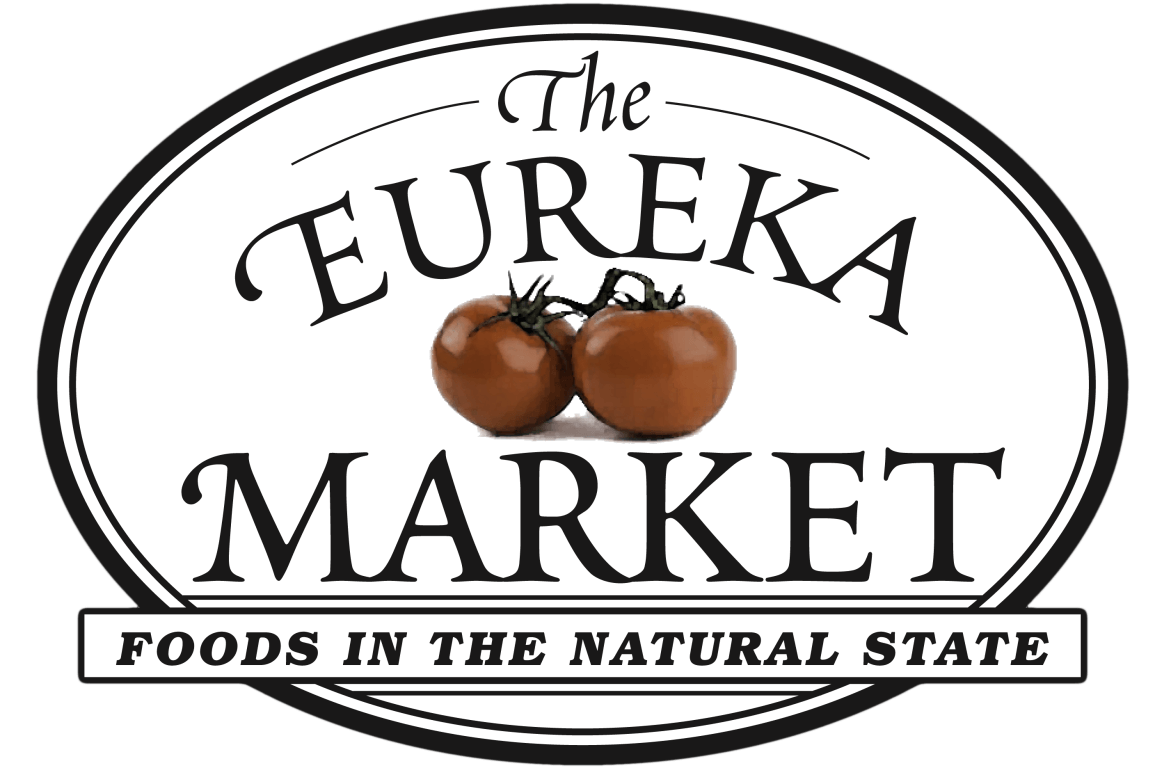Protein is called a macro nutrient because our bodies need relatively high amounts to function optimally. We cannot store protein, therefore it is important to include it in our daily diet. Protein is essential for growth and development and provides the body with energy.
When we consume protein our body breaks it down into amino acids, the building blocks of all proteins. There are two types of amino acids: Essential and Nonessential.
An essential amino acid is an amino acid that cannot be synthesized by the body and must be included in the diet.
Non-essential amino acids, though critical, can be synthesized by the body from other amino acids.
Whether from our own reserves or from dietary sources, if a shortage of amino acids becomes chronic, the building of protein stops and the body suffers.
Dietary proteins have been divided into two groups depending on the amino acids they provide:
COMPLETE PROTEINS contain ample amounts of all the essential amino acids. These proteins are found in meat, fish, poultry, eggs, milk and milk products like cheese and yogurt. Soybeans and soy products such as tofu and tempeh are complete proteins although they are relatively low in some of the essential amino acids.
INCOMPLETE PROTEINS contain only some of the essential amino acids and are found in legumes, nuts, seeds, grains, and leafy greens.
All necessary amino acids can be supplied by foods like meat, fish, and dairy or can be supplied by practicing smart food combinations. The classic example is rice and beans. Although they both contain protein, each lacks one or more essential amino acid and by combining them, a complete protein is formed.
As expected, a diet containing a wide variety of protein foods, from many sources with liberal servings of vegetables, leafy greens and some fermented foods is the best way to ensure adequate supplies of amino acids.
So how much protein do we need? There are as many opinions on amounts as there are amino acids, and individual needs will vary based on age and body mass. A good rule of thumb is that the average adult (non body-builder) can use half their body weight in grams of protein per day.
All Eureka Market Education Guides are intended for educational purposes only. The guides are NOT intended to substitute for professional medical consultation and as such, do not diagnose, prescribe or offer personal medical advice. Always consult with your health care professional before taking supplements with prescription medications.





